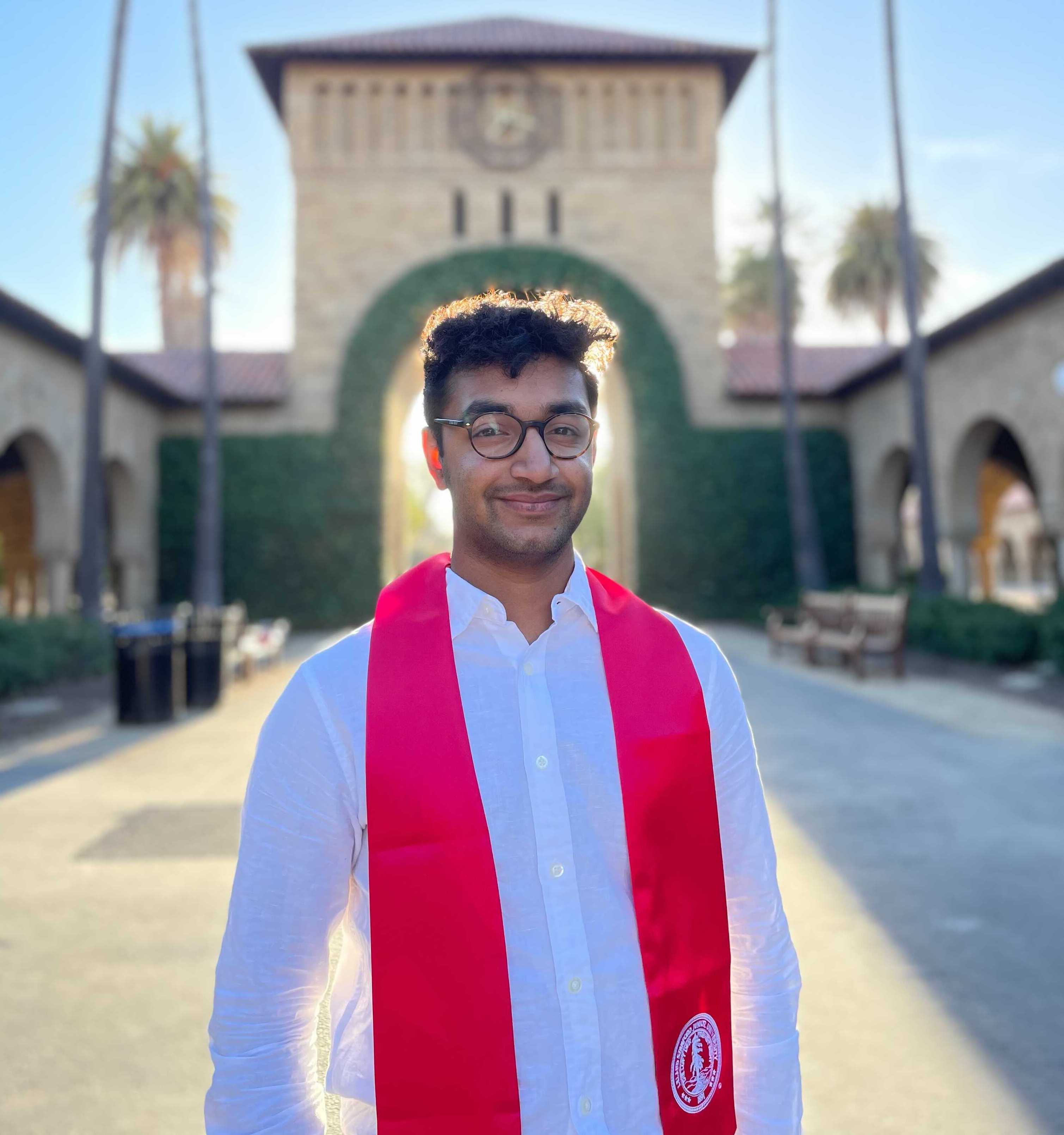I recently asked a good friend what they would change about their Stanford experience. After pondering awhile, they said they wouldn’t change anything, saying, “Everything that’s happened to me has made me who I am — whether good or bad.”
Though there isn’t a right answer to this question given its subjective nature, my initial reaction was incredulity. The skeptical side of me was quick to rebut: Of course you would change some things! Some decisions are better than others. And there’s no way you can make the best decision every time! My econ classes have trained me to evaluate choices against one another, to determine which was better or worse. But I’m starting to realize that’s sometimes not the best approach to reflection. In many cases, it wasn’t even my own choices that determined major turns in my path, but sheer randomness. There are many possible ways I could’ve done Stanford — some better, some worse, but many that are incomparably valuable in their own way.
It starts on day one. Unlike many other universities, Stanford doesn’t reveal your freshman roommate until you walk into your dorm. You also have very little control over your frosh dorm. These are the first of many random events that dramatically impact your Stanford experience and life ahead. A famous study of random roommate and dorm assignment at Dartmouth found that a student’s roommates and dormmates have statistically significant impacts on both academic outcomes like GPA and social outcomes like the decision to join Greek life.
My personal experience supports this. I was one of the “unlucky” frosh who applied for an all-frosh dorm but was assigned a four-class dorm, Roble Hall. I remember complaining to friends and family about this “injustice” at the time. But in retrospect, the fact that Roble had over 150 frosh, the largest group in a single building, allowed me to form some of the most important relationships in my life. From the decision to join the debate team and The Daily, to what I know are lifelong friendships, many key aspects of my life may not have happened without the random assignment to Roble.
Randomness also influenced my major and likely career path. Leading up to frosh summer, I had little idea of what I wanted to do. But due to a chance (or maybe fated) encounter with a mentor while walking around campus, I applied for a SIG fellowship in DC and ended up working on economic policy. That experience ended up convincing me to become an econ major, and I now hope to pursue a career in economic research. But if I hadn’t been going on a walk at exactly the right time, it’s quite possible I would be on a completely different path today.
Social scientists would call this type of process path dependent. A somewhat random or contingent event can put you on a path where it makes sense to continue and proceed along the same path rather than switch to another. Looking back at my Stanford experience, it’s frankly disconcerting just how plausible it is that I might’ve woken up a bit later on that fateful Sunday my first year, gone on a walk at another time and ended up a completely different person.
At the same time, there is something comforting about this randomness. If your preferences develop in response to the experiences you have, many of which are somewhat random, then there are likely many possible versions of your Stanford experience. This idea calls into question the notion of finding yourself, or your passion, through exploration. Instead, thinking about my own experience, it means that I’m not “destined” to do economics research, and there are many different paths that will all be fulfilling in their own ways.
Despite all this, the economist in me would like to think that different paths can always be ranked based on the almost magical concept of expected utility. Utility, we learn in econ class, unifies options and gives us a way to order choices based on our preferences. And if no choice is preferred? Then they have the same utility, at least to some margin of error. The concept of utility is remarkably useful, but it also betrays some complexity. Though one choice may be neither better nor worse than another, the two choices may still appeal to different sets of values that are not comparable, a phenomenon called incommensurability.
Like many seniors, I’ve spent hours this past year belaboring what I’d like to do with my career. Part of me wants to work in journalism. Another in government. And another in research. Maybe I’ll do all of them at some point in my life. But as my final quarter closes and I write this column, I’ve started to realize that the stakes may not be as high as I thought –- for many of the path(s) I may go down, I’ll have a unique, valuable experience.
This isn’t to say that all decisions don’t matter –- some choices are better than others, and others are too close to call. Rather, the point is that some pathways simply can’t be compared to others. There are many values we can use to evaluate choices — but sometimes there just isn’t one supreme value, like utility, to rule them all.
Endnote: I am grateful to Moonoon, Rowdy, EJ, Raody, Kalyanis, Pomodoro, Zhutopia, Karthik Calling Karthik, Spatial Singh, Wangdu, Amayzing and Shew for invaluable insights while writing this essay.
Contact Arjun Ramani on Twitter at @arjun_ramani3, or soon, in London.
